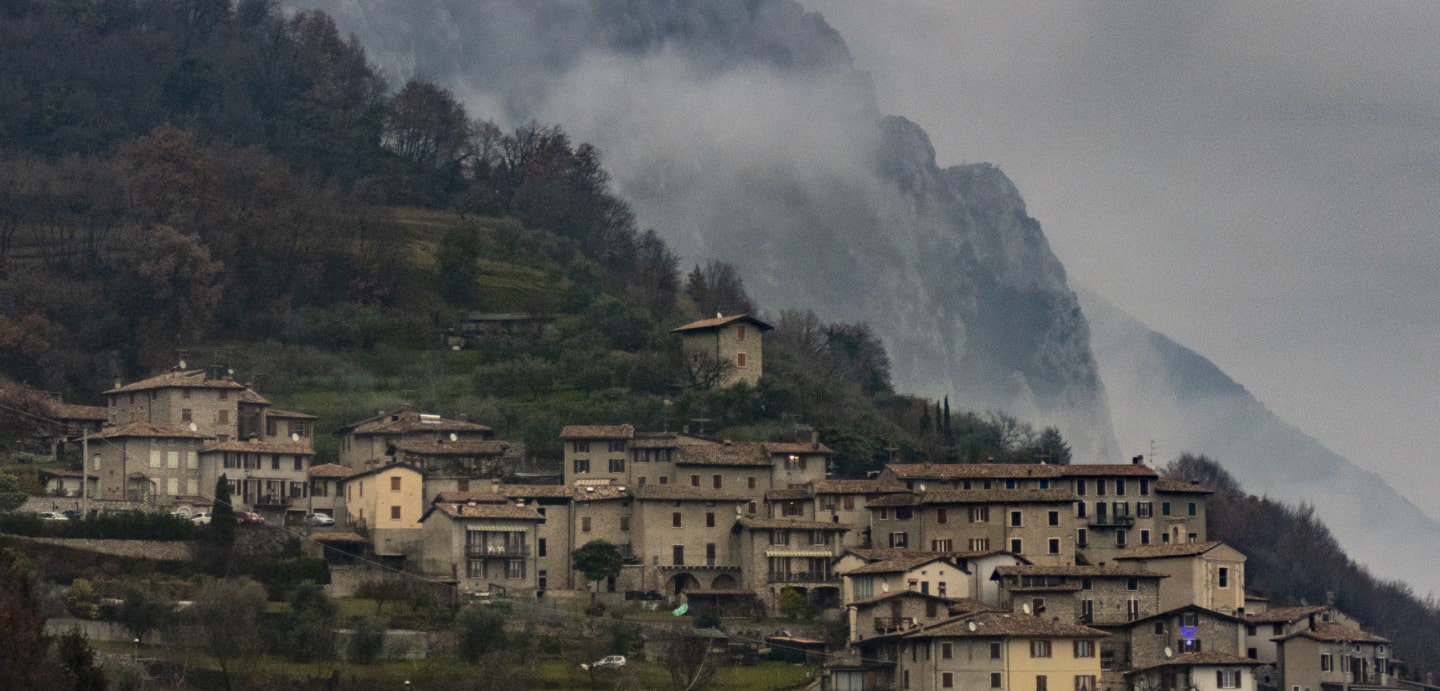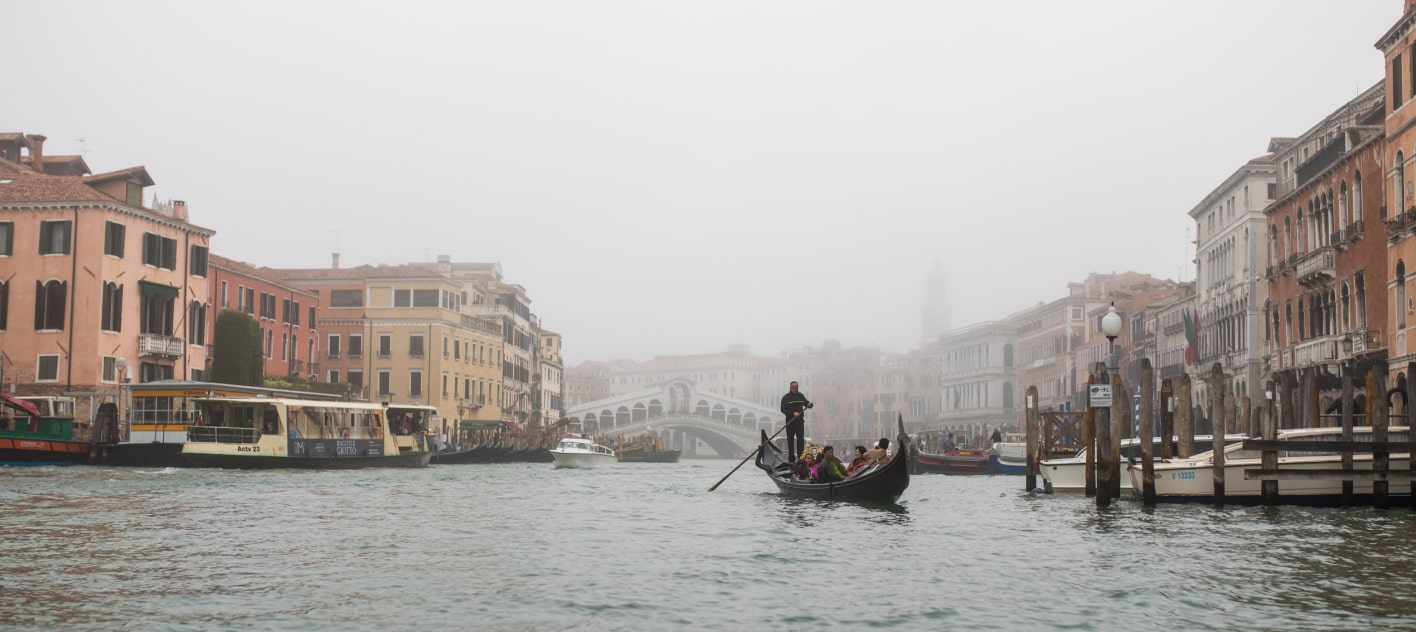When you think of idyllic Mediterranean weather, you tend to think of Italy. Indeed, this great European nation is famed for its hot, dry summers that help produce some of the finest wine and olive oil in the world.
But the truth is that the weather and climate in Italy varies greatly depending on the destinations you visit. With mountainous regions and thousands of miles of coastline, Italy’s geographical features also create various microclimates. If you’re visiting Italy, read on to find out when the best time of year to visit is based on the activities you plan to do.

The climate in Italy
Broadly speaking, the Italian climate can be described as a Mediterranean climate, with hot summers and mild winters. But the average temperature will vary based on where you are and the time of year. And not all Italian regions have mild winters.
In Northern Italy, you’ll find colder winters than much of the rest of the country, with plenty of snow fall. In the summer, there are abundant sunny days and warm weather, with average temperatures in the 80s Fahrenheit.
Central Italy sees similarly hot weather during summer like the rest of the country, and is moderately cold in the winter. It’s unlikely to see snow, but there are plenty of rainy days during wintertime. Meanwhile, in Southern Italy you’ll find hot dry summers and mild rainy winters, but rarely any snow or ice, particularly in coastal areas. Average winter temperatures are in the 40s Fahrenheit, while typical average summer temperatures are in the 80s Fahrenheit.
One thing to know is that climate data suggests that summers are getting warmer all across Europe — and Italy is no different. As a result of climate change, heat waves in July and August can see maximum summer temperatures of well over 100 degrees Fahrenheit for days at a time, especially in southern Italy and the country’s large cities. The heat can be very uncomfortable and affect your travel plans, especially if you were aiming to spend a lot of time outdoors.

When is the best time to visit Italy?
The best time to visit Italy will depend on what you plan to do while you’re there. If you want to go skiing in the Italian Alps along Italy’s northern border, then obviously you’ll want to visit in the winter months when most of the resorts and ski lodges are open to the public. At that time of year, expect cold winters and lots of snow as you traverse the region’s highest peaks.
If you’re hoping to sun yourself on Italy’s Amalfi Coast or other coastal regions, you’ll want to visit in the warm summer months. Just keep in mind that most Italians (and many other tourists) will also be taking their vacations at the same time, making southern Italy very busy in the summertime.
If your plans include visiting Italy’s famous wine-producing regions such as Umbria, Tuscany, Puglia, and Abruzzo, autumn when the vines are ready for harvest can be a lovely time to visit. And don’t forget to also visit some of the country’s ancient olive groves.

When is the best time to visit Italy’s cities?
Like any travel, a solo trip to Rome doesn’t come without risks. While Rome is a safe city, you should always use common sense, just as you would in all major cities around the world. Flashing valuables, attracting excessive attention, or wandering into far-flung unfamiliar neighborhoods at night are never a good idea. Like in many European capitals, petty thieves and pickpockets have been known to operate in Rome. You can minimize risk by not carrying too much cash or all your credit cards with you at any given time. Be wise when using or looking at your phone, as your distraction can make you an easy target. Take extra care when you have all your belongings with you, and make sure you pack lightly enough that you can easily navigate streets and transit stations without looking vulnerable.

When is the best time to go hiking or visit Italy’s national parks?
While hiking isn’t always the first thing that comes to mind when you think of Italy, the Dolomites region is famed for its national park and very popular with hikers and trekkers. The best time to visit this region in Northern Italy is in late spring or early summer. There will be fewer tourists, but plenty of warm weather — perfect for swimming in mountain lakes and other popular outdoor activities. Of course, if it’s skiing and winter sports you’re after, then you’ll want to visit in the winter months when much of Europe flocks to the North of Italy and the alpine region.
Another popular national park in Italy is the Cinque Terre, located in eastern Liguria and named as a UNESCO World Heritage Site. Often called the Italian Riveria, the Liguria region has something of a microclimate, with milder winters than the rest of northern Italy. This means snowy and cold winters are rare, so it’s a great region to visit all year round.vel assistance hotline 24/7 for invaluable help and guidance covering a multitude of situations.

Always pack your travel insurance
No matter where you’re traveling, it’s important to be prepared for unexpected weather-related delays and disturbances. That’s when a travel insurance plan can prove to be extremely helpful. With a policy from battleface, you can be protected if extreme weather causes you to have to cancel, delay your departure, or interrupt a trip to Italy. What’s more, every policy comes with 24/7 support, in case you need emergency assistance or help contacting your loved ones back home. The battleface Discovery plan is unique in that you can pick and choose the coverages you need, while the Multi-Trip Annual Plan provides a comprehensive suite of coverages for those traveling more than once a year.
A comprehensive travel insurance policy can also provide medical coverage to cover any expenses you might incur if you suffer an accident or fall ill while traveling and need medical treatment. This is important as your everyday health insurance may not provide coverage for healthcare costs you incur outside of the country. This medical coverage also includes medical evacuation for if you need to be transported to a local hospital, or even to a hospital back in the United States.
